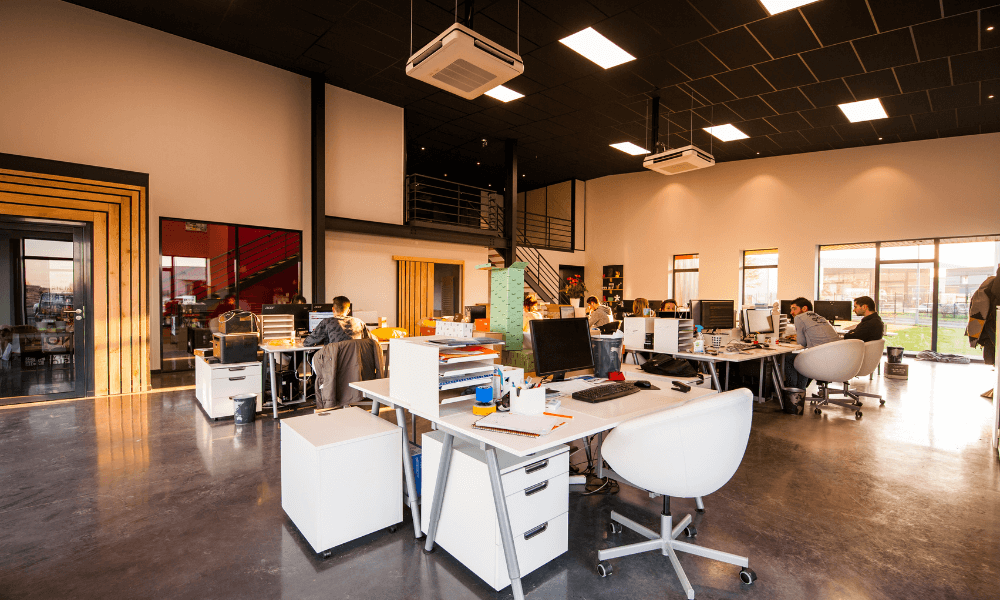
Boosting Business Efficiency and Saving Money with Energy Audits
In today's rapidly evolving business landscape, staying competitive requires not only innovation and smart strategies but also a keen focus on optimizing operational costs. One area where businesses often overlook potential savings is energy consumption. Energy audits have emerged as a powerful tool that can help businesses identify areas for improvement, reduce their environmental footprint, and ultimately save money on energy costs.
What is an Energy Audit?
An energy audit is a systematic assessment of a business's energy use and consumption patterns. It involves a detailed evaluation of energy-consuming systems, such as lighting, HVAC (heating, ventilation, and air conditioning), equipment, and overall building performance. The goal is to uncover inefficiencies, identify areas of energy waste, and propose cost-effective solutions to enhance energy efficiency.
Identifying Areas for Improvement
Through a comprehensive energy audit, businesses gain valuable insights into their energy consumption patterns and can identify areas for improvement. Auditors examine factors such as insulation quality, lighting systems, temperature control, equipment efficiency, and renewable energy opportunities. By conducting a thorough analysis, businesses can pinpoint energy-intensive processes or equipment that may be contributing to unnecessary expenses.
Saving Money on Energy Costs
Implementing the recommendations derived from an energy audit can lead to substantial savings on energy costs. By addressing inefficiencies and optimizing energy usage, businesses can reduce their overall energy consumption and, consequently, their bills. Additionally, energy-efficient improvements can extend the lifespan of equipment, reducing maintenance and replacement costs over time.
Practical Steps to Optimize Energy Efficiency
1. Lighting Upgrades: Switching to energy-efficient LED lighting systems can significantly reduce electricity consumption. Installing motion sensors or timers can further enhance efficiency by ensuring lights are only in use when needed.
2. HVAC Optimization: Regular maintenance, proper insulation, and the use of programmable thermostats can help businesses control their heating and cooling costs. Upgrading to energy-efficient HVAC systems can also yield substantial savings eventually.
3. Equipment Efficiency: Assessing the energy efficiency of equipment, such as refrigeration units or machinery, can highlight potential areas for improvement. Upgrading to energy-efficient models or implementing smart energy management systems can result in significant savings.
4. Employee Awareness: Encouraging employees to adopt energy-saving practices, such as turning off lights when not in use or powering down equipment during breaks, can contribute to overall energy reduction efforts.
5. Renewable Energy Integration: Exploring the feasibility of renewable energy sources, such as solar panels or wind turbines, can help businesses become more self-sufficient and reduce their reliance on traditional energy grids.
Building a Sustainable Future for Your Business
Energy audits not only benefit businesses financially but also contribute to a sustainable future. By reducing energy consumption and greenhouse gas emissions, businesses can enhance their corporate social responsibility efforts, attract environmentally conscious customers, and position themselves as leaders in their respective industries.
By embracing energy audits and implementing the recommended energy-saving measures, businesses can unlock substantial cost savings while fostering a greener and more sustainable future. Take the first step towards improving your business's energy efficiency, reducing expenses, and creating a positive impact on the environment today!
#EnergyAudits #BusinessEfficiency #CostSavings #SustainableBusiness
Photo by CadoMaestro